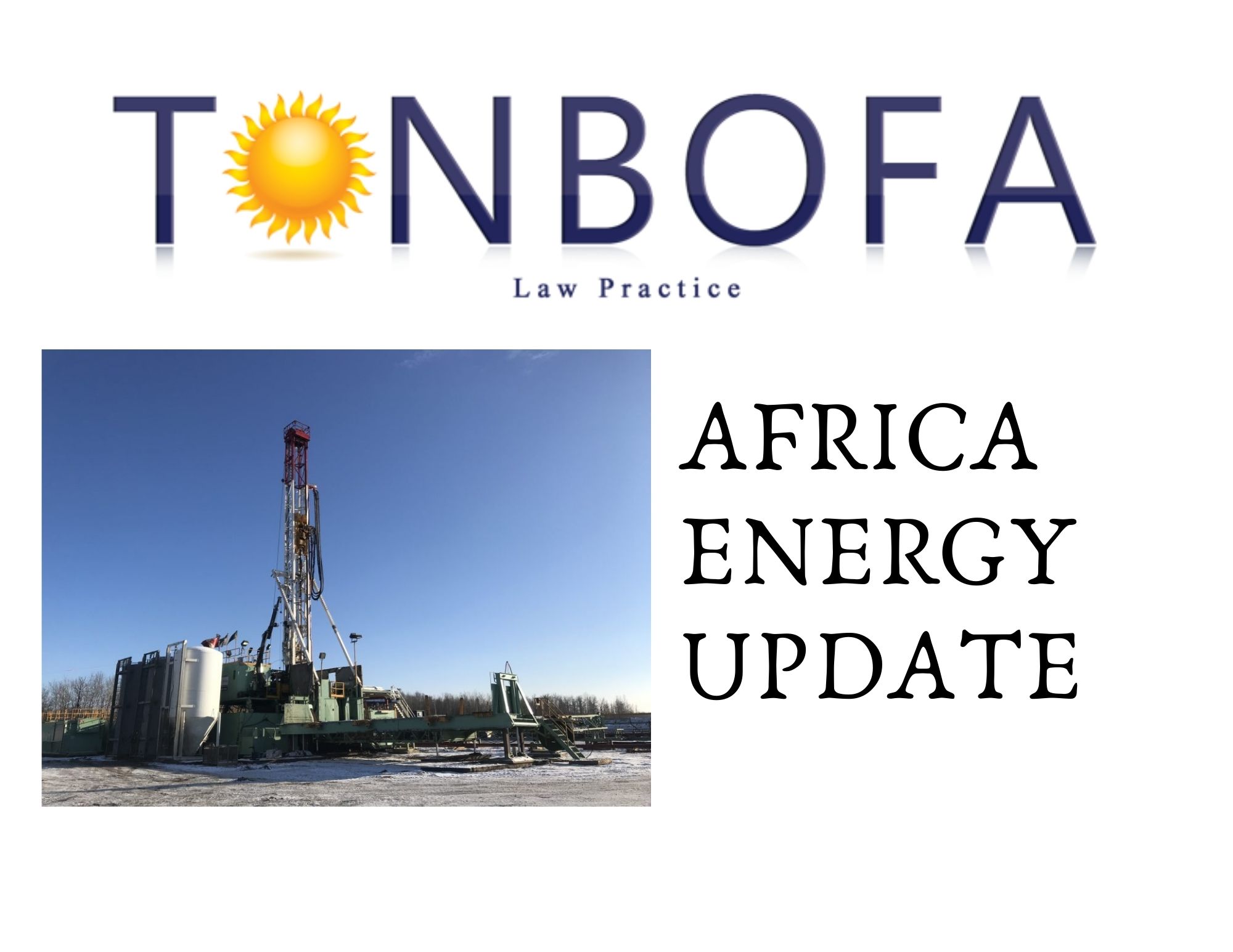by TONBOFA LP

As a result of the coronavirus and Covid-19 pandemic, businesses that have obtained loans from financial institutions and have facility agreements guiding their contracts will be unable to pay due interest which may lead to an event of default on the part of the borrower.
The borrower should check the list of events in the force majeure clause to see if they are exhaustive or inexhaustive. If the list is exhaustive, the borrower can check to see if terms used can cover the coronavirus (such as pandemic or epidemic, government restrictions, travel bans etc.) and whether there are any limitations as to the coverage of the clause. If the list is non-exhaustive, the borrower can claim the virus is covered in principle and can as such be discharged from performance. The borrower will prove that performance of the contract has become physically or legally impossible and not merely more difficult. See Thames Valley Power v Total Gas & Power [2005] EWHC 2208 (Comm)
Facility agreements usually include Material Adverse Clauses (MAC) which is defined as a material adverse effect on the business, operations or property of the borrower, the inability to perform its obligations under the agreement or the enforceability of rights and remedies under the agreement. MACs are included as one of the lists of events of default in a facility agreement. This clause allows the lender to call back on loan given if relevant circumstances in that provision apply. MACs are usually highly negotiated, and the exact wordings of the clause will usually be carefully considered to determine whether a loan can be called by the lender.
Borrowers already in existing facility agreements may also check their business interruption insurance with their insurers, if they have any, to see how proceeds from that claim may help in fulfilling their financial obligations to their lenders. Previously, this term covered losses occasioned by physical damage to the property of the insured resulting in loss of profit. However, modern terms now include losses occasioned indirectly. For example, from failure in supply chain.

A Future Borrower
Borrowers who intend to enter into loan facility agreements should ensure that their force majeure clauses include events like the covid-19 pandemic and also ensure the list of events in the clause are inexhaustive so as to be open to include future unforeseen or unimagined circumstances as covid-19. Words to include in the force majeure clause in future agreements are “pandemic”, “epidemic”, “diseases”, “governmental restrictions or measures”, “quarantines” in response to pandemics or epidemics, “travel bans”, “any other unforeseen circumstance that will affect the borrower’s financial obligation under the agreement” etc. The Courts will primarily seek to give effect to wordings of the contract so borrowers should ensure carefulness in drafting future agreements. See Classic Maritime Inc v Limbungan Makmur SDN BHD and another [2019] ECWA Civ 1102.
Future borrowers should ensure they have insurance coverage for their business and further ensure that the terms of their business interruption insurance include coverage of losses arising out of the spread of infectious diseases. The borrower may also choose to ensure cover is provided in the event that critical employees become ill.
For more on this topic email uchechi@tonbofa.com
Share
Africa Energy Update- ZIMBABWE: Solgas Energy commissions its 5 MWp Cross Mabale solar power plant Renewable energy producer Solgas Energy is commissioning its Cross Mabale solar power plant in the northern Matabeleland province. The plant, which is connected to the Zimbabwean national grid, has a capacity of 5 MWp. A solar photovoltaic power plant goes into
The passage and signing of the highly anticipated Petroleum Industry Act is a landmark in the oil and gas industry. The Act provides legal, governance, regulatory and fiscal framework for the Nigerian Petroleum Industry and development of Host Communities. For more information on key provisions of the Act click here to learn more
FG Okays N35bn For NEPZA Power Station The federal government yesterday approved the sum of N35billion for the building of a power station by the Nigerian Export Processing Zone Authority (NEPZA) in Akamkpa, Cross River State. ØMinister of Industry, Trade and Investment, Niyi Adebayo, disclosed this to State House correspondents after the virtual federal executive





